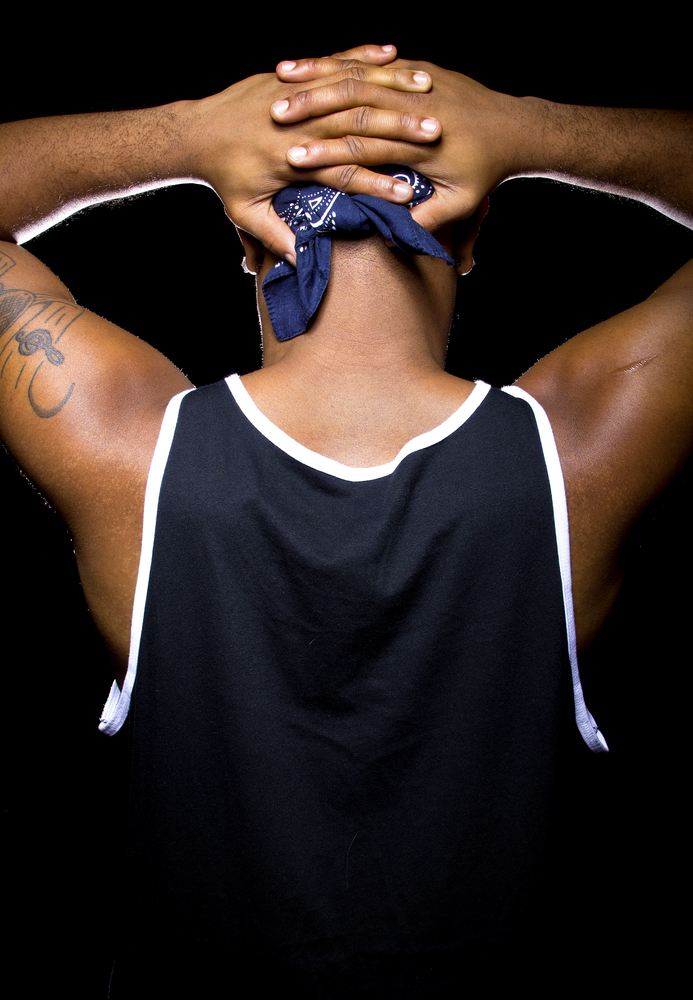
New data shows that while black people comprise just 3% of the total population in the U.K., they account for 20% of all class A drug supply convictions in the country. The new figures shown by VICE were obtained under the Freedom of Information Act. They came just days after Prime Minister David Cameron called for an investigation into race bias in U.K. courts, noting that black men in the U.K. were statistically more likely to be in prison than attend a top university.
The number of arrests for class A drug importation in 2013 and 2014 were also nearly identical for blacks and whites in the U.K. About 132 white people were arrested during this time period, compared with 120 black people and 55 Asian people. However, the bulk of these minority arrests took place in London, Bristol and Birmingham. In cities further north such as Newcastle and Liverpool, the majority of those found guilty of drug dealing were predominately white.
Part of the disproportionate number of arrests for black people in the U.K. has to do with biased policing. Black people in London are three times more likely to be frisked by police than white people and up to 17 times more likely in certain parts of the country. Unsurprisingly, black people are three times more likely than white people to be arrested and prosecuted in the U.K. than white people. The staggering statistics on biased policing are despite Home Secretary Theresa May announcing new efforts in April 2014, to reduce discriminatory stop and searches in the country.
However, unemployment and comparatively limited opportunities have also contributed to large numbers of black people in the U.K. getting involved in the country’s drug trade, particularly with crack and heroin. Young black men have double the rates of unemployment than young white men and higher rates than all other ethnic groups.
“There is institutional racism in the police, in courts and prisons—and black people selling drugs can be obvious—but…if you took away drug dealing you would literally have young black kids starving in the streets. They need the money,” said Noel Williams, 25, a former heroin and crack dealer who is now pursuing a university degree. “[But] there is another way. It’s a struggle, but there is another way.”
